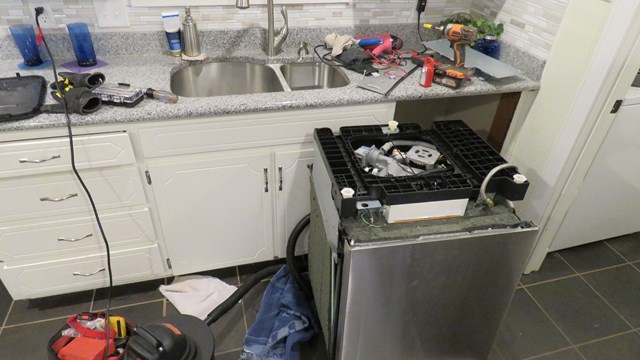
Q. Unbeknownst to me, our board has unilaterally determined that a “majority” of residents want an exercise room. And the board, in spite of this, continues to spend our money to pursue the project despite our requests to “cease and desist” and hold a general meeting to discuss the issue and answer a complex range of unanswered questions. Our board also claims that “the majority” wants to be assessed for an exercise room at an estimated cost of $1,200,000. The shareholders, however, conducted their own survey showing that 60 percent don’t want an exercise room. We demanded to see the shareholder vote that proved the so-called “majority” in favor. The board’s reaction was to spend shareholder money for an architect to do drawings, rather than review the issue further. What recourse do we have?
—Not Athletic Supporter
A. “Many cooperative boards of directors have been faced with the questions of whether and how to develop underutilized corporate property to best benefit the cooperative’s shareholders. Creating a new amenity for shareholders, such as an exercise room, can add substantial value to apartments within a building,” says David L. Berkey, a partner with the Manhattan-based law firm of Gallet, Dreyer & Berkey, LLP.
“The board has the power to determine how to best use the available space and how much should be spent to create the new amenity. The Business Corporation Law provides that decisions concerning corporate business are to be made by the board of directors. How boards exercise this power is at issue here. Many boards will solicit the opinions of their shareholders as to the type of facility desired—should facility be a gym, playroom, lounge area or other type of amenity. Sometimes the board will solicit the opinions of shareholders concerning the proposed expense of the project. To obtain informed shareholder opinions, boards will often contact an architect or designer to prepare alternative concept drawings for review by the shareholders and obtain budget estimates for the alternative projects.
“Good communication with shareholders is a skill that boards should strive to perfect. By advising shareholders of the board’s goals and its progress towards achieving such goals, the board will avoid speculation by shareholders that a particular project is underway without the board having considered the opinions and desires of the shareholders. A smart board will also hold an informational meeting of shareholders to discuss its plans and to solicit ideas and opinions of shareholders regarding the board’s proposals. Sometimes a board will conduct a building survey to solicit the opinions of shareholders. It is good practice for the board to advise the shareholders of the survey results, as it avoids speculation that the board is acting contrary to the wishes of shareholders. However, the board is not obligated to provide such information to the shareholders.
“Shareholders who disagree with the board’s goals or a particular proposal should express their opinions at an informational meeting or through written communications with the board and other shareholders. The board may consider shareholder wishes and alter its plans to meet the stated objections of a large group of shareholders. However, shareholders must understand that ultimately, the board determines how corporate property is developed. If shareholders truly object to the board’s proposed actions, their remedy is to elect new board members who will more closely represent the shareholder’s wishes at either a special meeting or at the next annual meeting of shareholders. If, as you state, 60 percent of the shareholders are opposed to such project, then you and they should consider whether to petition the board to call a special meeting for the election of new directors. Most cooperative bylaws require the secretary of the board to call a special meeting upon receipt of a petition signed by 25 percent of the shareholders.”






Comments
Leave a Comment